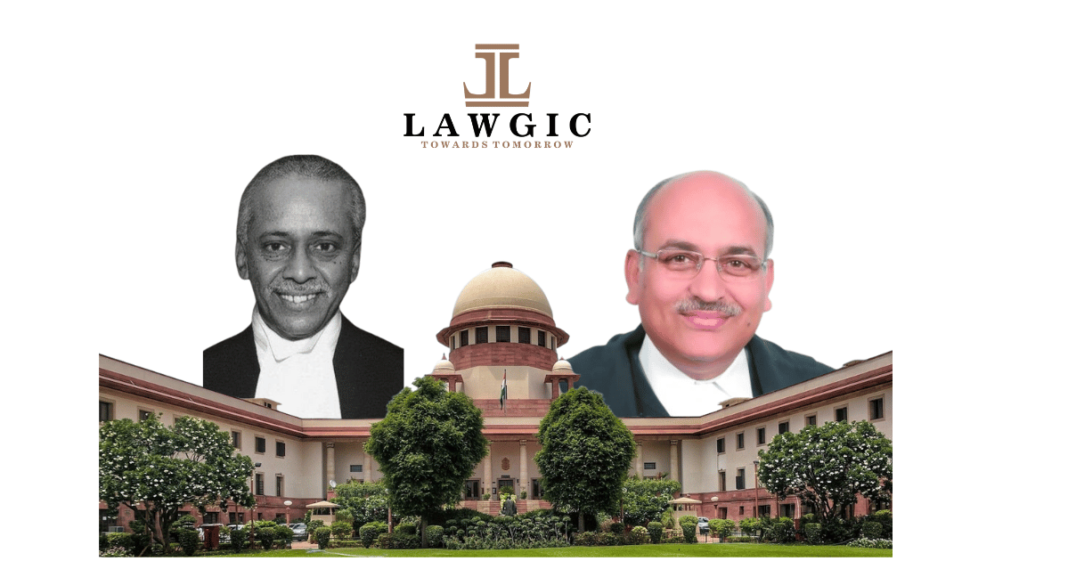Case Title: Security Printing & Minting Corporation of India Ltd. & Ors. Etc. Vs. Vijay D. Kasbe & Ors. Etc.
The division bench of Justices V Ramasubramanian and Pankaj Mithal of Supreme court while setting aside the judgement of Bombay High Court denied the overtime allowance to the applicants serving as civil servants at governments minting facilities.
The Bench held that the government employment is not same as general employment which falls under labour welfare legislations. The government services enjoy special status, perk & facilities. Moreover, the bench considered fundamental rules issued on the year 1922, accordingly government employees/civil servants are at disposal of the government at all the time,and for their duties they are not eligible to demand extra payment as per the fundamental rule of 1922 issued for civil servants.
The bench cited the rule no.11 from the fundamental rules in the judgment which reads as: “Unless in any case it be otherwise distinctly provided, the whole time of a Government servant is at the disposal of the Government which pays him, and he may be employed in any manner required by proper authority, without claim for additional remuneration, whether the services required of him are such as would ordinarily be remunerated from general revenues, from a local fund or from the funds of a Body incorporated or not, which is wholly or substantially owned or controlled by the Government.”
Originally, the matter came to exist in 1988, when government employees who were performing duties of supervision and similar nature at minting facilities, demanded overtime allowance, same as the worker were getting for overtime. But due to, their nature of work didn’t involve labour work or regular clerical work, the demand was not accepted by the administration. The matter was tested at Central Administrative Tribunal as well as in the Bombay High Court. The High Court has issued the judgment in the favour of employees and the Union of India challenged the judgment at Apex Court. Apex Court take the view that both the employment are of the different nature and the civil servants cannot get best of the both world and set aside the high court’s order.


